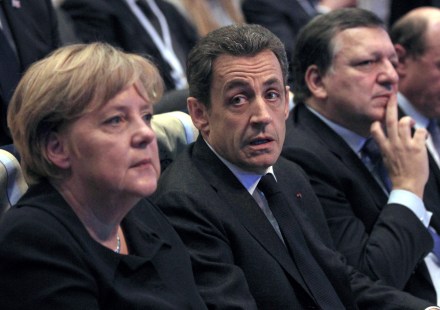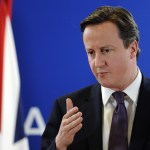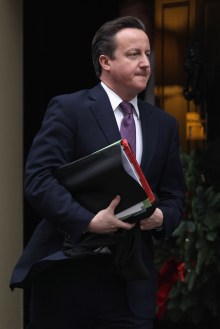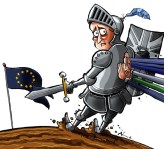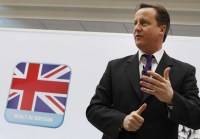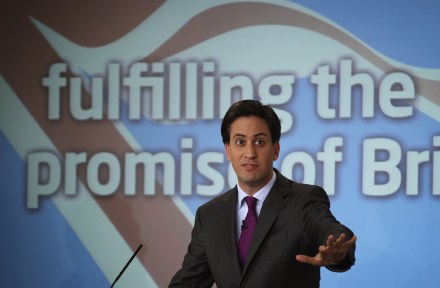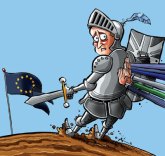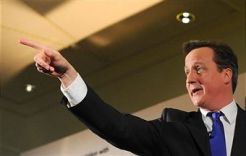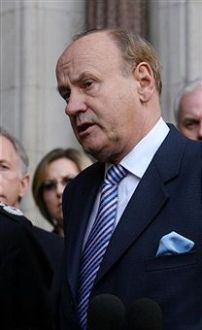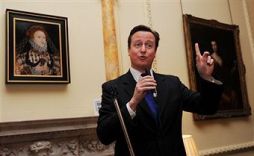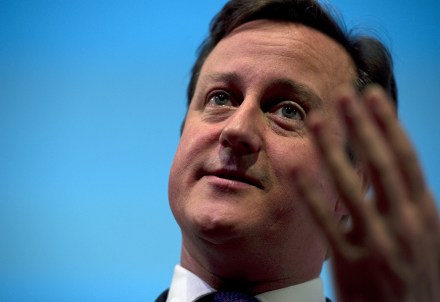The Merkozy Plan fails to convince
A day or so ago, the markets were rising in anticipation of what might be achieved at this Brussels summit. But this morning they’re mostly either unmoved, or — as in the case of borrowing costs in Italy and Spain — shifting in unpropitious directions. No-one, it seems, has been won over by yet another night of political bargaineering in Brussels. And understandably so. None of the measures mooted this morning are particularly concrete; all have a sogginess about them. More cash will be transferred to the European Financial Stability Facility, but it’s still some distance short of the €1 trillion that was, ahem, ‘announced’ at the end of October.
